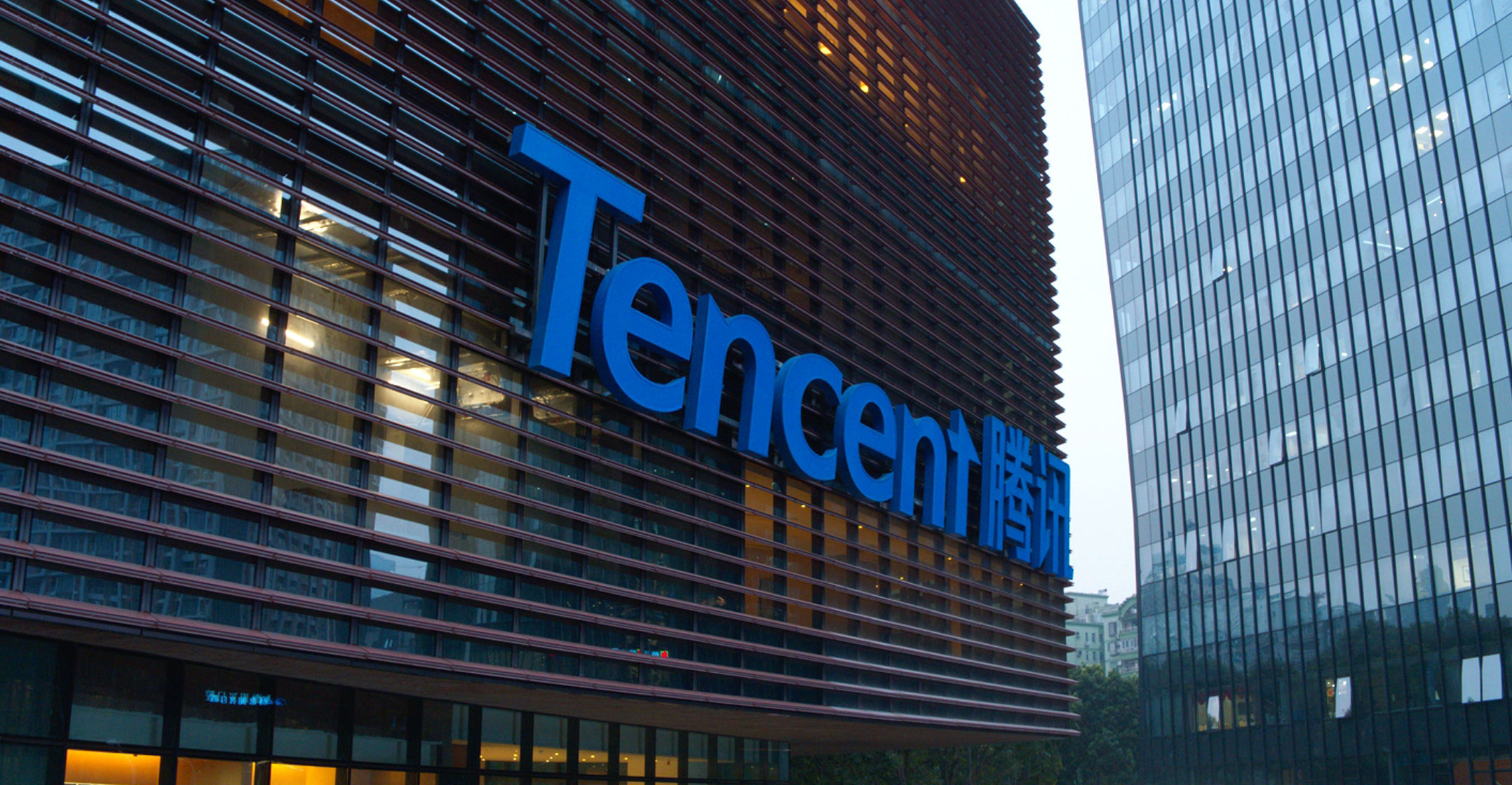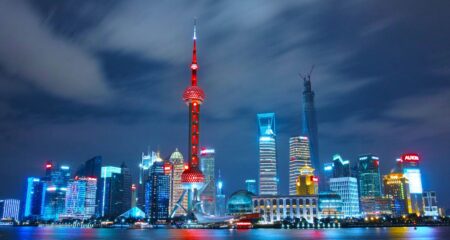 Chinese technology stocks slid for a third session in Hong Kong on Tuesday as investors clamoured to offload shares amid concerns over Beijing’s ties with Russia and a persistent regulatory overhang.
Chinese technology stocks slid for a third session in Hong Kong on Tuesday as investors clamoured to offload shares amid concerns over Beijing’s ties with Russia and a persistent regulatory overhang.
The Hang Seng Tech Index fell as much as 7.2% on Tuesday, extending a 11% plunge in the previous session that was the biggest drop since the index’s July 2020 inception. Alibaba Group and Tencent Holdings were among the worst performers.
The decline tracked the overnight slide in US-listed Chinese firms as JPMorgan Chase & Co analysts labelled some Internet names as “uninvestable”.
Read: Naspers crashes 15% on reported record fine for Tencent
Weak sentiment towards Chinese tech has accelerated into fear in recent days as new regulatory developments including possible US delisting alarmed investors. Beijing’s ties with Russia and a lockdown in China’s tech hub Shenzhen also added to risks.
“We reckon that it is hard to gauge the market bottom and we don’t have good answers to a lot of macro drivers,” Credit Suisse analysts including Kenneth Fong wrote in a note, adding that “everyone we spoke to in the market is so bearish”.
The Hang Seng China Enterprises Index fell as much as 5.7% in early trade, while the benchmark Hang Seng Index dropped 4.8%. The rout has pushed the valuation of MSCI China Index versus its global peers to a record low.
Interest rates
Adding to the disappointment was the People’s Bank of China’s decision to keep interest rates on its one-year policy loans steady — even as a majority of surveyed economists expected a cut — while injecting a net C¥100-billion (R237-billion) into the financial system. China’s benchmark CSI 300 Index dropped as much as 2.9%.
China’s state-run papers are trying to talk up sentiment, a tactic that’s so far proved insufficient in stemming the selloff. The Chinese stock market will remain on a positive trend over the long term despite low investor confidence resulting from the conflict in Ukraine and the latest Covid-19 outbreak, China Securities Journal said in a commentary. — Jeanny Yu, (c) 2022 Bloomberg LP




